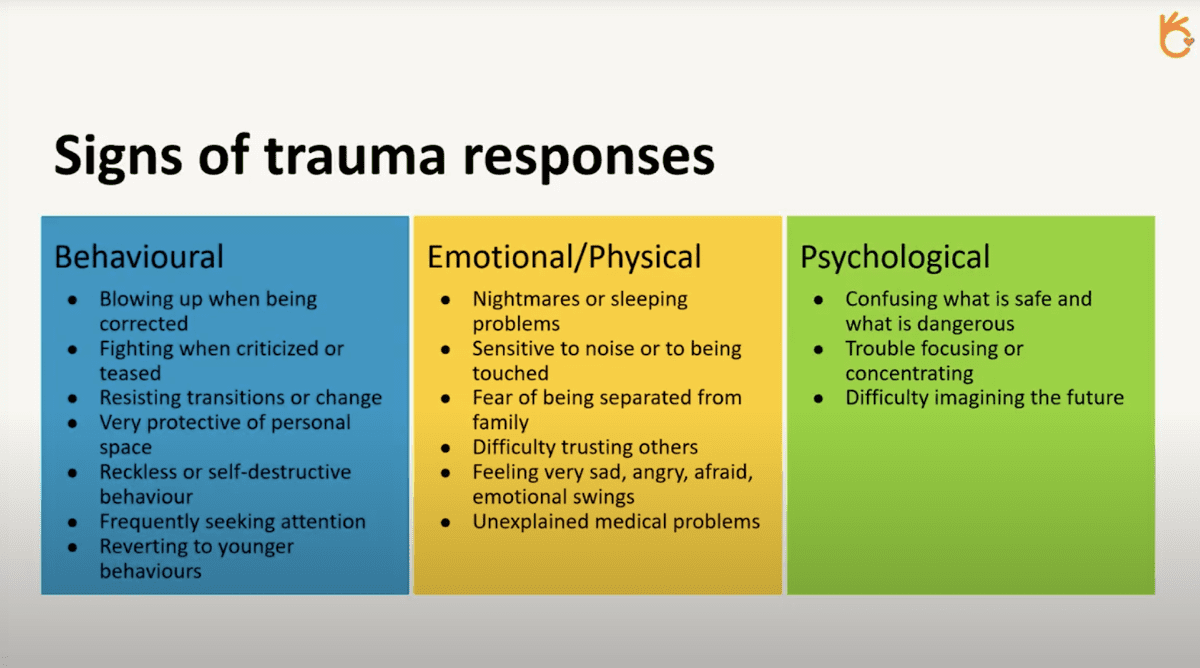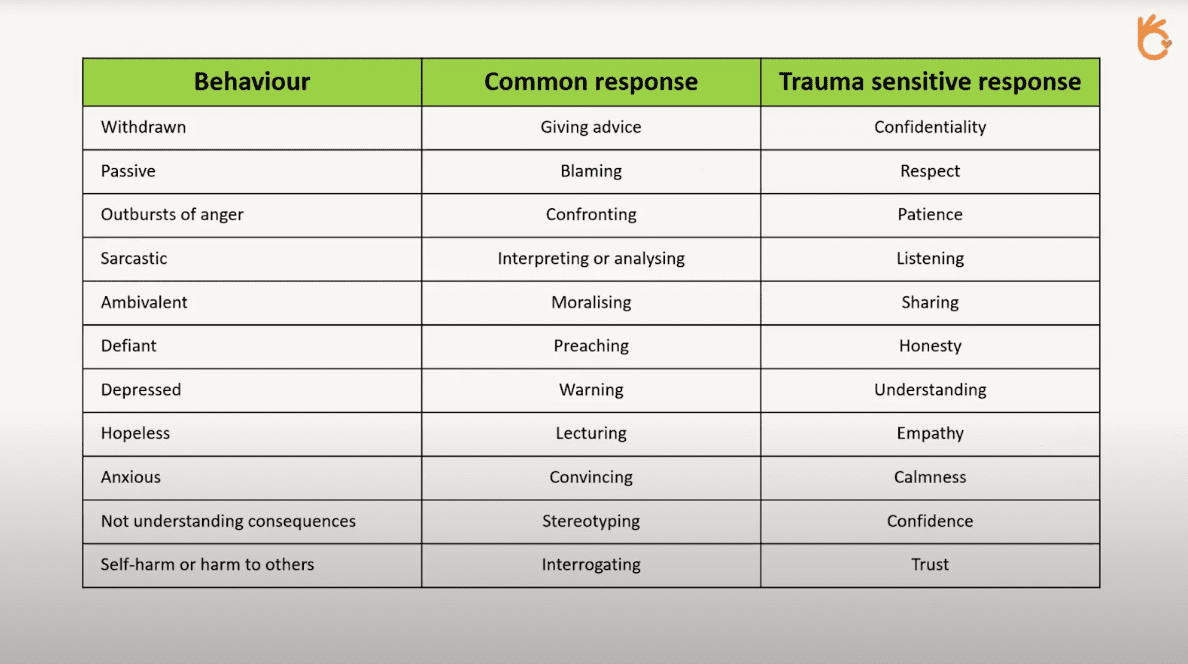Trauma is a pervasive but often invisible issue. By definition, it results from an event or a series of events, experienced by an individual as something physically or emotionally harmful. Trauma is a response that often affects an individual negatively. In many instances, physical symptoms such as exhaustion, headaches, and numbness, may manifest detrimentally on the body. Emotionally, individuals processing trauma may also go through negative feelings such as being overwhelmed, stressed, or having difficulty processing their experience. If left uncared for, trauma has lasting effects on the individual’s well-being and functioning.
What Causes Trauma?
No two situations are exactly the same; trauma can stem from a variety of distressing or disturbing events, and can occur at any age or stage of life. Some common traumatic experiences include major events like natural disasters and war, or more personal experiences such as abuse, grief, and medical interventions. A traumatic event may happen as a one-off incident or be recurrent over a period of time. As everyone’s experiences and backgrounds are unique, people that experience the same event can respond and process trauma differently.
To better understand what trauma is and how communities can approach it, we invited Asher Low, the Founder and Executive Director of Limitless, to share more about navigating trauma and how you can practise Trauma-Informed Care, as part of NVPC’s Community Leadership Series.
Limitless is a non-profit organisation that works with youth from disadvantaged backgrounds through mental wellness programmes. It seeks to empower vulnerable youth, especially in an age of increased abuse and trauma cases, as well as a growing trend of suicidal ideation in young people. Limitless hopes to broach the difficult conversations surrounding trauma, and provide support to youths who are struggling with mental health issues.
How Does Trauma Affect You and Your Community?
“The effects of trauma can be conceptualised as a very normal response to an abnormal situation,” shared Asher. There are short-term effects, which may naturally heal in a matter of weeks, and more severe long-term effects like Post-Traumatic Stress Disorder—otherwise known as PTSD—and traumatic grief, which may persist especially when left untreated.
Trauma can affect someone’s coping responses, causing them to react or retaliate in unintentional manners. Here are 4 types of trauma responses:
- A behavioural response may be exhibiting reckless or self-destructive tendencies.
- An emotional response may manifest as a difficulty in trusting others.
- A physical response could be an onset of unexplained medical problems.
- A psychological response may cause someone to have trouble focusing or concentrating.
Children in particular may regress developmentally, and fail to meet certain developmental tasks.

An individual’s trauma response in turn impacts the relationships they have, and subsequently affects their interpersonal ability to stay socially connected. Trauma experiences thus undermine efforts to build social cohesion and to form a bonded and resilient community. For community leaders, it is necessary to recognise the signs and symptoms of trauma in order to approach it appropriately.
What is Trauma-Informed Care?
Trauma-Informed Care (TIC) is a strength-based framework that prioritises safety and giving control back to the person with trauma. These practices reframe our thoughts from “What is wrong with you?” to “What has happened to you?”. This change in mindset allows us to understand the individual and their past experiences, rather than judge them based on their current abilities and shortcomings.
During the workshop, Asher explained TIC using the 4 R’s:
Realise
The first step to practising TIC is to realise the prevalence of trauma and the widespread impact it can have—a 2016 IMH study indicated that almost 2 in 3 Singaporeans have experienced potentially traumatic life events or adverse childhood experiences. Realising also entails being aware of the many paths to recovery that exist for individuals struggling with trauma. Recovery does not necessarily mean just seeking professional help like therapy, but also having a supportive community.
Recognise
Next, it is essential to recognise the signs and symptoms of trauma in your community. Be open-minded and compassionate towards others as trauma can happen to anyone and can take many different forms, some of which may not be easily identifiable.
Respond
A trauma-informed response often aims to see the survivor through the lens of empathy and respect. This means reacting appropriately to someone who is struggling, with the full realisation and understanding that the individual may be living with the effects of trauma, and their actions may be simply normal responses to an abnormal experience.
Resist
Finally, proactively resist re-traumatisation. At times, you do not always need to solve the problem, especially before the person experiencing trauma is ready to do so. Instead, allow them to share on their own time and terms, in order to prevent re-traumatisation.
Why Should You Practise Trauma-Informed Care?
Studies show that TIC helps to lower stress levels in individuals and creates a more cooperative and collaborative environment. Practising TIC also reduces the likelihood of the person experiencing trauma being overwhelmed. It is a mutually beneficial practice for everyone, as TIC potentially improves interpersonal engagement, creating healthy relationships in the community. Overall, it promotes a healing environment that caters to the needs of all.
How Can You Practise TIC in Your Community?
On the individual level, empower yourself with the knowledge to recognise trauma and the skills to provide traumatic-sensitive responses. This allows you to meet individuals at whatever comfort level they are at, and gives sufficient space for respectful behaviour.

As a community, a mindset shift is needed to form a healthy support network to practise TIC together. For community leaders, this means developing a culture that ensures trauma-informed approaches are essential, rather than engaging in one-off responses. This creates a safe physical and emotional environment that has rules, responsibilities, and expectations that are respected. Start by building awareness and generating buy-in in key community leaders. Over time, these trauma-informed practices will trickle down, supporting all, and strengthen the entire community.
Help and Resources
If you or someone you know needs support, here are some organisations you can turn to:
For Family Violence
- National Anti-Violence Helpline: 1800 777 0000
Treatment and Assessment
- Tinkle Friend: 1800 274 4788
- Boys’ Town Clinical Intervention Centre: 6690 5420
- Community Health Assessment Team: 6493 6500/6501
- Limitless: www.limitless.sg/talk
- Singapore Association for Mental Health (SAMH): 1800 283 7019
Suicide Risk
- Samaritans of Singapore (24-hour CareText): WhatsApp 9151 1767
- or Call 1767





















